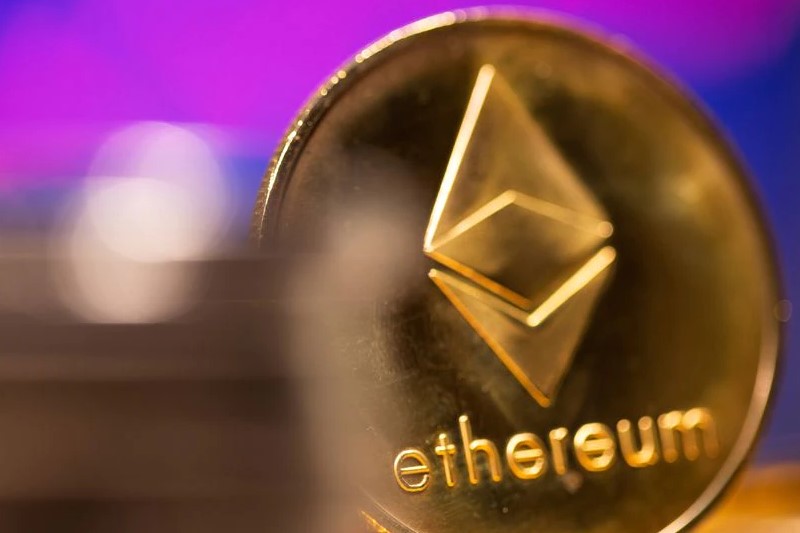The world of decentralized finance is buzzing with the rapid rise of Blast, an Ethereum layer-2 network initiative that has garnered over $405 million in total value locked (TVL). Under the stewardship of Tieshun Roquerre, Blast promises high yields from DeFi projects such as Lido and MakerDAO, advertising "risk-free" staking rewards. This claim has raised eyebrows within the crypto community, with many experts questioning the true absence of risk in staking and expressing concerns about transaction security, particularly regarding the use of anonymous keys.
Despite the enthusiasm surrounding the project's ability to attract significant investment, there is a growing chorus of skepticism. Critics have drawn parallels between Blast’s offerings and Ponzi schemes, largely due to its strategy of locking up funds for three months prior to its bridge launch scheduled for February. This lockup policy has been a point of contention, especially among responsible crypto practice advocates.
One such critic is Paradigm, a seed investor in Blast, which has publicly expressed disapproval of the network's approach. Paradigm has highlighted the potential negative impact on the crypto sector's integrity due to Blast's premature bridge introduction and withdrawal restrictions.
The conversation around Blast underscores the ongoing debate within the cryptocurrency industry about balancing innovation with user protection and market stability. As the project moves toward its February launch, all eyes will be on how it navigates these challenges and whether it can maintain its momentum amidst rising scrutiny.
This article was generated with the support of AI and reviewed by an editor. For more information see our T&C.
